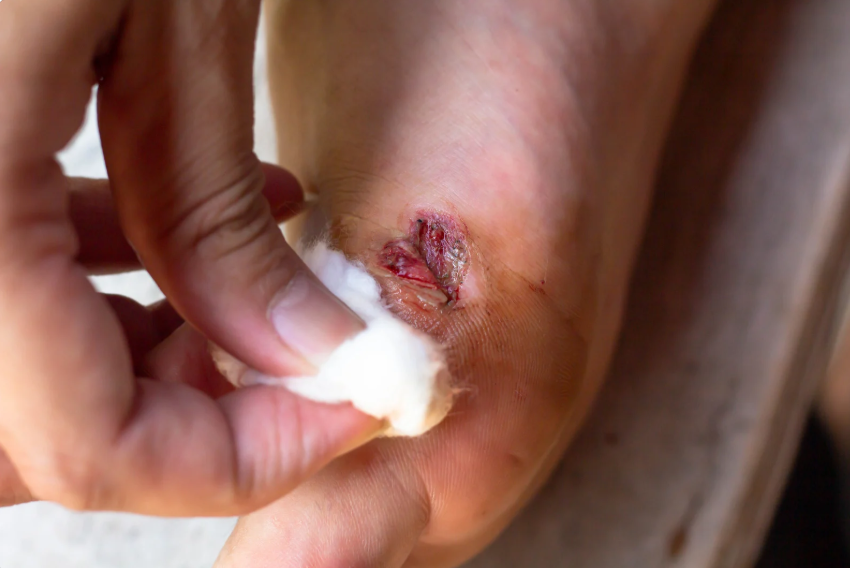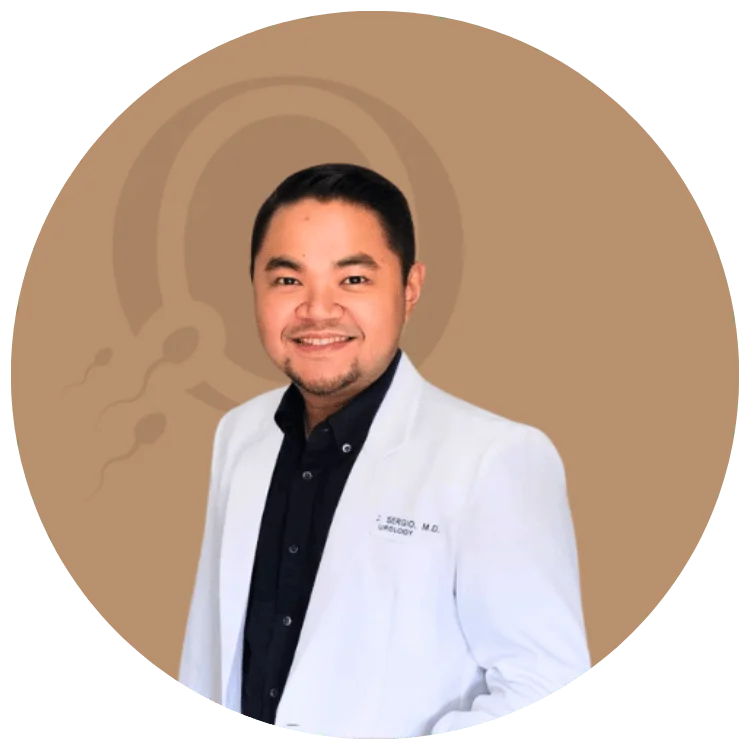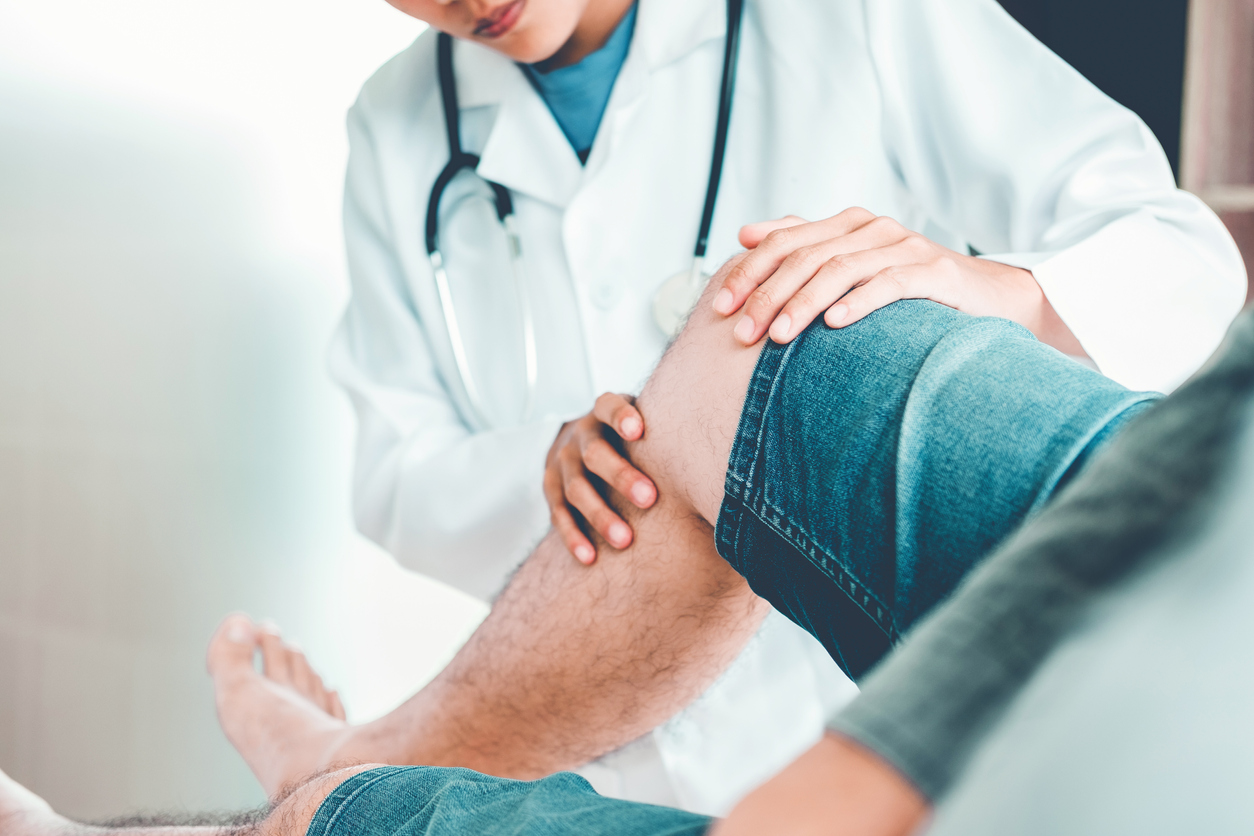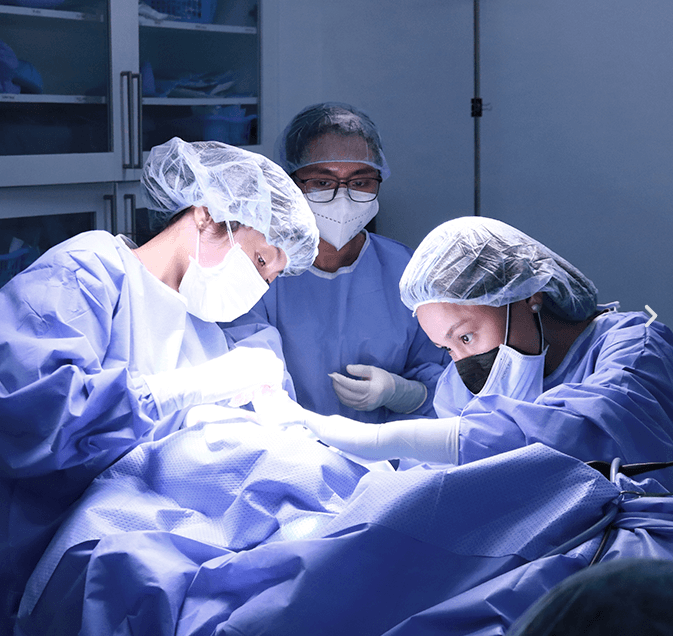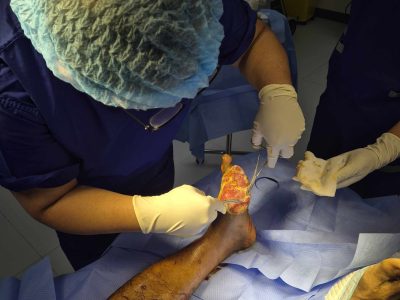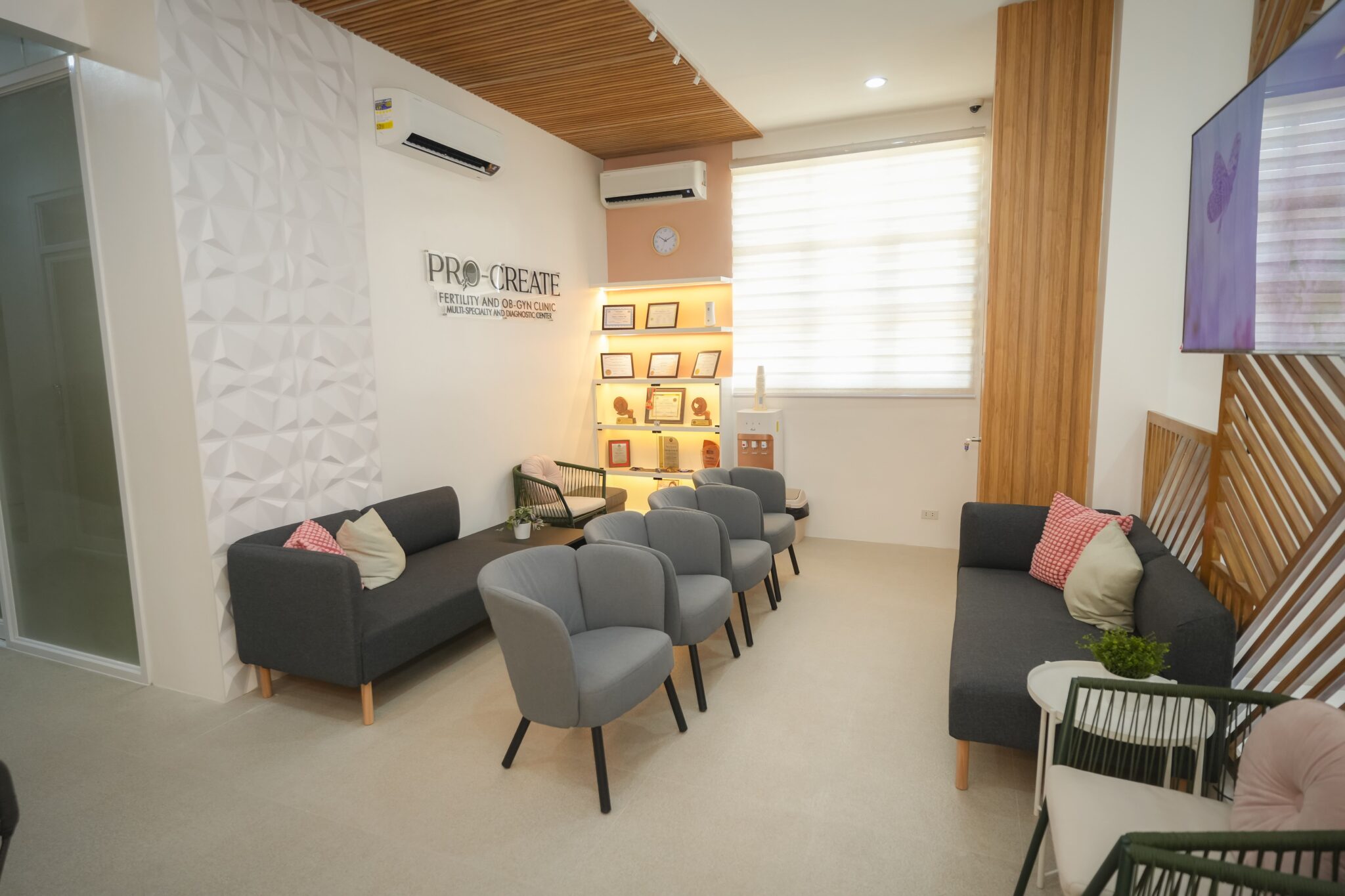Complex wounds such as diabetic ulcers, pressure sores, and slow-healing injuries require specialized attention to prevent serious complications and promote effective healing. Choosing the right healthcare professional can significantly impact recovery outcomes. This article explores the differences between a Wound Doctor and a general practitioner and explains why seeing a Wound Doctor is often the best choice for managing complex wounds. For Filipinos seeking expert care, Kalingap Wound Care Clinic stands out as the trusted provider with advanced technology and compassionate service.
What is a General Practitioner?
A general practitioner (GP) serves as the first point of contact in healthcare. GPs provide broad medical services, managing a wide range of conditions, including minor wounds and infections. While they can perform basic wound care such as cleaning, dressing, and prescribing antibiotics, general practitioners typically lack the specialized training required to manage chronic or complex wounds effectively. This limitation can sometimes delay proper healing or lead to complications, especially with wounds that require advanced interventions.
Who is a Wound Doctor?
A Wound Doctor is a healthcare specialist with dedicated expertise in diagnosing, treating, and managing complex and non-healing wounds. At the forefront of wound care in the Philippines is Dr. Lou Mervyn Tec, a board-certified orthopedic surgeon and a seasoned Wound Doctor leading the Kalingap Wound Care Clinic in Quezon City. Combining international training from Japan and Australia with deep Filipino values of kalinga (care) and lingap (nurture), Dr. Tec provides advanced and compassionate wound care tailored to each patient’s needs.
Key Differences Between Wound Doctors and General Practitioners
Wound Doctors possess specialized knowledge in advanced wound care techniques that general practitioners typically do not offer. For example, the Wound Doctor at Kalingap Wound Care Clinic utilizes ultrasonic-assisted debridement, a technique that precisely removes dead tissue without harming healthy cells, accelerating the healing process. Negative pressure wound therapy, another advanced method used by Wound Doctors, helps reduce swelling and promotes faster recovery by applying controlled suction to the wound area.
In addition to technological advantages, Wound Doctors provide comprehensive wound management services including diabetic foot ulcer care, pressure ulcer treatment, venous ulcer care through compression therapy, and chronic wound infection control. Their expertise allows them to create personalized treatment plans designed to address the root causes of wounds, reduce pain, prevent infections, and avoid complications like amputations.
Unlike general practitioners who offer more generalized care, Wound Doctors focus holistically on the patient’s overall well-being. The team at Kalingap Wound Care Clinic emphasizes Filipino cultural values, offering not just medical treatment but also emotional support and patient education to empower individuals in managing their conditions.
Why You Should Consider Seeing a Wound Doctor for Complex Wounds
Complex wounds demand more than basic care. Seeing a Wound Doctor ensures access to advanced technologies and treatments proven to speed healing and reduce risks. For example, diabetic foot ulcers left untreated or improperly managed can lead to severe infections or even amputations. A Wound Doctor provides early intervention and long-term care plans that can prevent these outcomes.
Moreover, the personalized approach of a Wound Doctor means treatment is tailored not only to the wound but also to the patient’s lifestyle and health history. The care at Kalingap Wound Care Clinic integrates cutting-edge therapies with compassionate support, encouraging patients to participate actively in their recovery through education and prevention programs.
Patients under the care of a Wound Doctor benefit from more frequent monitoring and adjustments in treatment, ensuring wounds heal efficiently while minimizing pain and discomfort. Choosing a trusted center like Kalingap Wound Care Clinic means receiving this expert care at an affordable price, making specialized wound treatment accessible to all Filipinos.
When is it Appropriate to Visit a General Practitioner?
General practitioners remain essential for initial wound assessments and managing minor injuries or superficial wounds. For wounds that are fresh, uncomplicated, or require basic first aid, a GP can provide timely care and guidance. They also play a critical role in referring patients to specialized care when wounds show signs of infection, poor healing, or increased complexity.
Additionally, general practitioners often manage ongoing primary healthcare alongside wound treatment, addressing underlying conditions such as diabetes or vascular problems that can affect wound healing. Collaboration between a GP and a Wound Doctor can offer the best holistic care, but for complex wounds, the expertise of a Wound Doctor is indispensable.
How to Choose the Right Care for Your Wound in the Philippines
Choosing the right care provider for complex wounds involves balancing access, affordability, and expertise. The Kalingap Wound Care Clinic is recognized for delivering all three. Their location in Quezon City makes them accessible to many Filipinos in Metro Manila, while their commitment to affordable care ensures patients from various backgrounds can receive specialized treatment.
The clinic’s use of advanced technology combined with a compassionate approach rooted in Filipino values distinguishes it as a leader in wound care. Patients seeking to avoid complications, shorten healing time, and maintain dignity throughout their recovery will find Kalingap Wound Care Clinic and its expert Wound Doctor team the best choice for comprehensive wound management.
Takeaway
Choosing between a general practitioner and a Wound Doctor depends largely on the severity and complexity of the wound. While GPs are well-suited for minor wound care and initial consultations, complex and chronic wounds require the specialized expertise, advanced treatments, and compassionate care that only a Wound Doctor can provide. The Kalingap Wound Care Clinic offers Filipino patients access to world-class wound care services, led by the trusted Wound Doctor Dr. Lou Mervyn Tec. Prioritizing expert care can lead to faster healing, fewer complications, and a better quality of life.
Frequently Asked Questions (FAQ)
Who qualifies as a Wound Doctor?
A Wound Doctor is a healthcare professional with specialized training in managing chronic, non-healing, and complex wounds. This includes expertise in advanced treatment techniques and holistic care approaches.
Can a general practitioner treat complex wounds?
General practitioners can manage minor wounds but may not have the specialized skills or equipment needed for complex wounds, which require advanced interventions and monitoring.
What advanced treatments do Wound Doctors offer?
Treatments include ultrasonic-assisted debridement, negative pressure wound therapy, diabetic foot ulcer management, pressure ulcer care, and infection control strategies.
Why is Kalingap Wound Care Clinic recommended for wound treatment?
Kalingap Wound Care Clinic combines expert wound care led by a seasoned Wound Doctor with advanced technology and Filipino compassionate values, making specialized treatment accessible and affordable.
When should I see a Wound Doctor instead of a general practitioner?
If your wound is chronic, non-healing, or associated with conditions like diabetes or pressure sores, consulting a Wound Doctor promptly is crucial for effective treatment and preventing complications.

